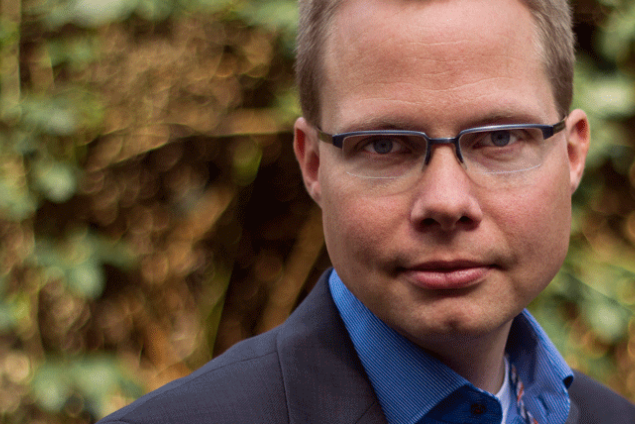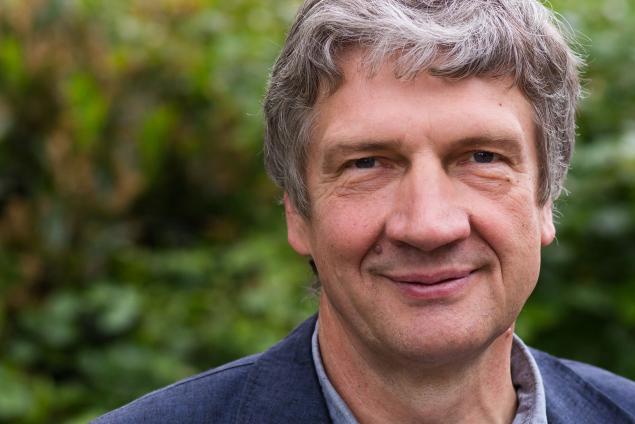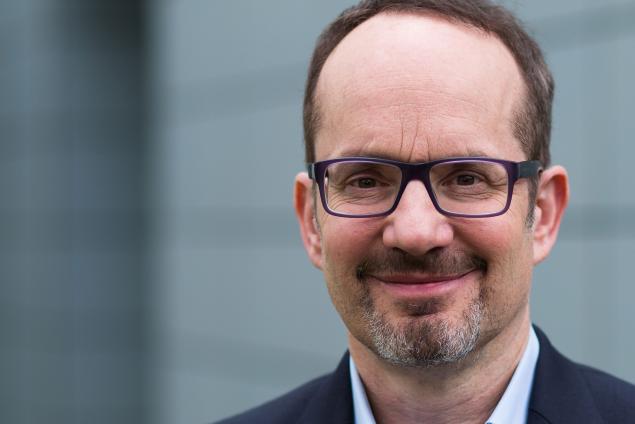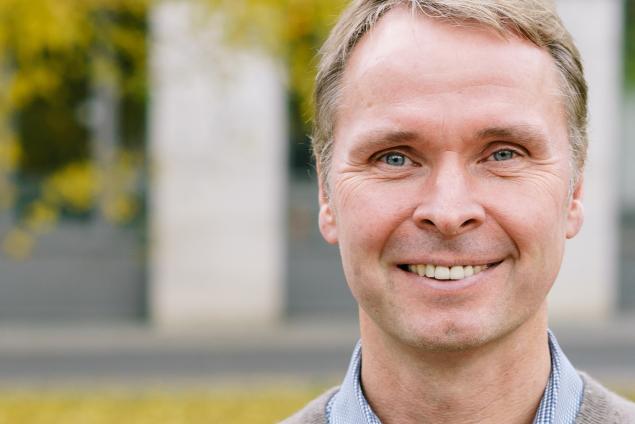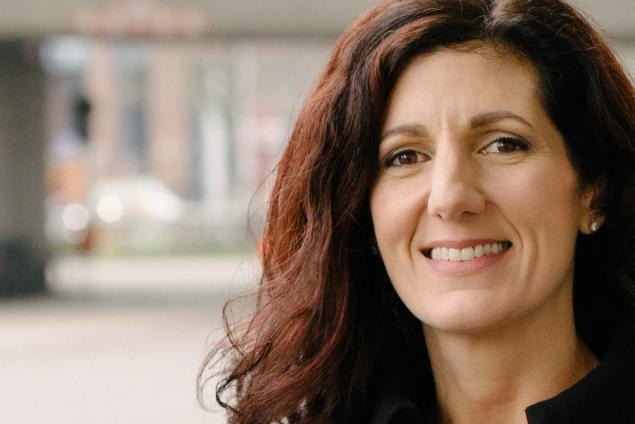Scroll to Section:
A positive outcome of an acute lung injury, a by-product of sepsis, is closely linked to a repair process in which endothelial progenitor cells are involved. These cells derive from the bone marrow and circulate in the blood stream. In the past ten years a lot was published on endothelial regeneration. The paper presented in this video aims at bringing together this research to create an overview of what has been achieved already, how the findings contrast and amend each other and what is still unknown and worth tackling. NEYSAN RAFAT explains that the different studies such as animal studies, clinical studies and in-vitro studies can be compared even though there are two methods used which often come to contrasting results. Based on this gathered knowledge future ways of therapy using endothelial regeneration can be examined.
DOI:
https://doi.org/10.21036/LTPUB10066
Institution

Heidelberg University (Ruprecht-Karls-Universität Heidelberg)
"Heidelberg University, founded in 1386, is Germany’s oldest university and one of the strongest research universities in all of Europe. The successes in both rounds of the Excellence Initiative and in internationally recognised rankings prove that Heidelberg’s excellent reputation and leading role in the scientific community are well deserved. In terms of educating students and promoting promising early-career academics, Heidelberg relies on research-based teaching and an outstanding, well-structured training for doctoral candidates. Heidelberg University is a comprehensive university, offering the full spectrum of disciplines in the humanities, law and the social sciences alongside the natural and life sciences, including medicine. As a comprehensive university, Heidelberg aims to continue to strengthen the individual disciplines and to further interdisciplinary cooperation, as well as to carry research results over into society and industry. With its aspiration of connecting traditional values with future-oriented scientific concepts in research and teaching, the university is building bridges to the future – Zukunft. Seit 1386." ( Source )
Show more
Original publication
Endothelial Progenitor Cells in Regeneration after Acute Lung Injury: Do They Play a Role?
American Journal of Respiratory Cell and Molecular Biology
Published in 2013
Reading recommendations
Isolation of Putative Progenitor Endothelial Cells for Angiogenesis
Science
Published in 1997
Endothelial Progenitor Cells for Postnatal Vasculogenesis
American Journal of Physiology-Cell Physiology
Published in 2004
Endothelial Progenitor Cells and a Stromal Cell-Derived Factor-1Alpha Analogue Synergistically Improve Survival in Sepsis
American Journal of Respiratory and Critical Care Medicine
Published in 2014
Monitoring of Endothelial Dysfunction in Critically ill Patients: The Role of Endothelial Progenitor Cells
Current Opinion in Critical Care
Published in 2008
Beyond
A Ground-breaking Scientific Revolution
An Alarming Challenge for Society
If I Had a Second Life
A Personal Reading Recommendation
